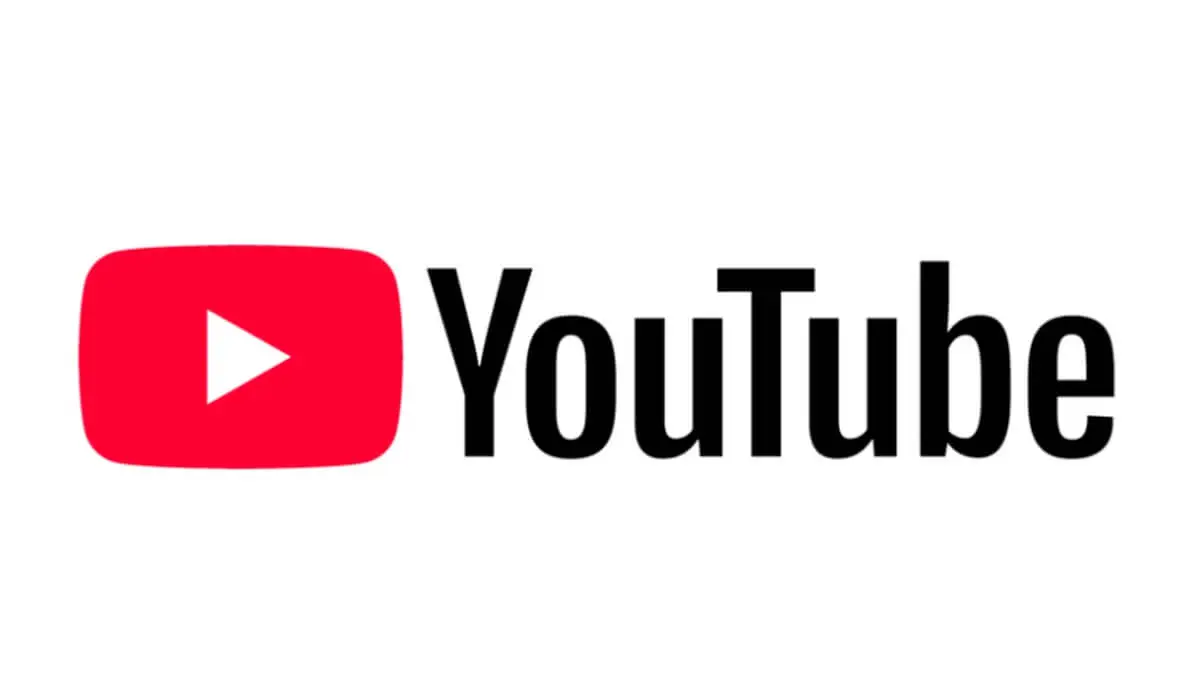August 21, 2025 – Google has agreed to a $30 million settlement in the United States following allegations that it unlawfully collected data from underage YouTube users to fuel targeted advertising campaigns.
The lawsuit accused the company of tracking personal information from children under the age of 13 without obtaining the required parental consent, a violation of the Children’s Online Privacy Protection Act (COPPA). While Google denies any wrongdoing, the tech giant chose to settle, according to Reuters.
This isn’t the first time Google has faced such claims. In 2019, the company settled a similar case with the Federal Trade Commission (FTC), paying $170 million for allegedly gathering data from minors on YouTube without parental approval. Plaintiffs in the new case argue that Google continued the same practices even after that settlement, thereby violating federal law for years.
Adding to the controversy, YouTube has recently been testing artificial intelligence (AI) tools in the U.S. to identify under-18 users based on viewing patterns, search behavior, and account history—rather than traditional age verification methods like birth date entry. Whether this approach will prevent future lawsuits remains uncertain.
The class-action settlement applies to U.S. children under 13 who watched YouTube videos between July 2013 and April 2020. Legal representatives estimate that 35 to 45 million people could be eligible for compensation.
Given Google’s massive 2024 revenue of $384 billion, the $30 million payout may represent only a fraction of the profits generated during the period in question.
Claim Process
While participation rates in class-action settlements typically range from 1% to 10%, hundreds of thousands may still file claims. Successful applicants could receive between $10 and $60 each, depending on the number of validated claims, before legal costs and fees are deducted.
If you or your child may qualify, consider the following steps:
- Check eligibility: Applies only to children under 13 who used YouTube between July 2013 and April 2020.
- Gather documentation: Emails, registration confirmations, or device logs showing YouTube activity.
- Rely on official sources: Watch for guidance from trusted law firms or settlement administrators. Avoid suspicious links promising payouts.
- Act promptly: Deadlines are often short, so move quickly once official claims open, but verify legitimacy first.
Protecting Children’s Privacy Online
Regardless of this case, online privacy for children should always be a priority. Practical steps include:
- Reviewing and enabling privacy settings on devices and disabling personalized ad tracking.
- Using age-appropriate versions of platforms when available.
- Staying engaged with what children are watching and fostering open conversations about online safety.
This case highlights the ongoing tension between digital platforms, data monetization, and user privacy rights—a reminder for organizations to prioritize compliance, security, and ethical data handling in an increasingly regulated landscape.

 Español
Español













